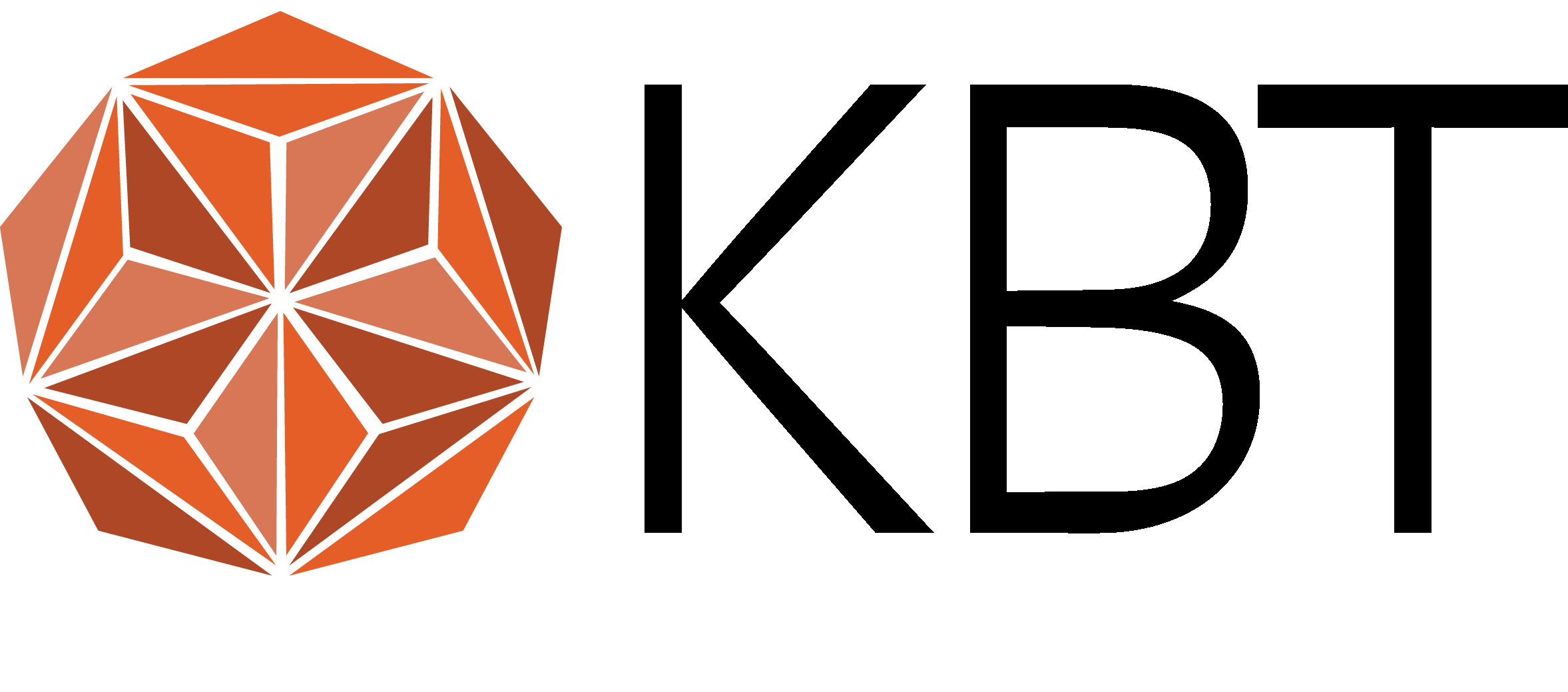Vision
Our vision is:
Better services through equal dialogue between service users and professionals
We bring forward service user voices
Competence center for lived experience and service development (KBT) is a competency center working to promote the user perspective in service development.
It is our opinion that their experience-based knowledge is as important as traditional, professional knowledge when working to develop services. Our main objectives are as follows:
- To ensure that the users’ experiences are documented and taken into account in the development of health services and institutions.
- Be a center of competence for service users and organizations representing this group.
- Furthering the users’ experiences and competence in research, evaluation and education.
- Providing courses and training to strengthen users in collaborating and gaining influence.
To achieve this, we work with municipalities, peer support-organizations, health organizations, and science- and educational institutes. We carry out evaluations, and collaborate with scientific institutions. It is our wish to help new ideas blossom from the users’ experiences, and the gathering and spreading of knowledge.
KBT emphasizes innovation and cooperation, which is practiced through a variety of metheods, like the dialogue-based method of evaluation, User Interviews User.
The head office of KBT lies in the heart of Trondheim, but we work all across and outside of Norway.
Background
KBT was formed in the beginning of 2006, and is financed by The Norwegian Directorate of Health.
KBT is the result of a combined effort of three organizations: Mental Helse, Landsforeningen for Pårørende innen Psykisk helse [LPP], and Voksne for Barn. In addition, NTNU, Høyskolen i Sør-Trøndelag and St. Olavs Hospital are represented in the board of KBT.
In Proposition 1 (2009-2010) it is stated: “it is important to lift the service-users’ knowledge, so that they are able to make demands of the services, and act as promoters of service development. Also, peer knowledge must be legitimized and disseminated in order to maintain a proper collaboration with the users.”
KBT intends to see this happen, and is a central actor in the work of putting the spotlight on peer collaboration on a national scale.
Logo

The 12th of July 2017 the new logo design for KBT was completed. We wanted a new logo because we needed a new graphic profile, and we have a lot of activities and projects outside of our original area of Midt-Norge [Mid-Norway].
The logo illustrates bringing different perspectives together. The colour contrasts symbolize the different perspectives, and viewing a case from different angles. The lines visualize networks, contact and meetings between different perspectives. The complete triangles illustrate dialogues that lead to development. The logo can be interpreted in many ways, and we find it interesting to hear how you as our reader interpret it.
The logo is designed by Kristin Kvisle, a student of Visual Communication at the University College of Southeast Norway.

